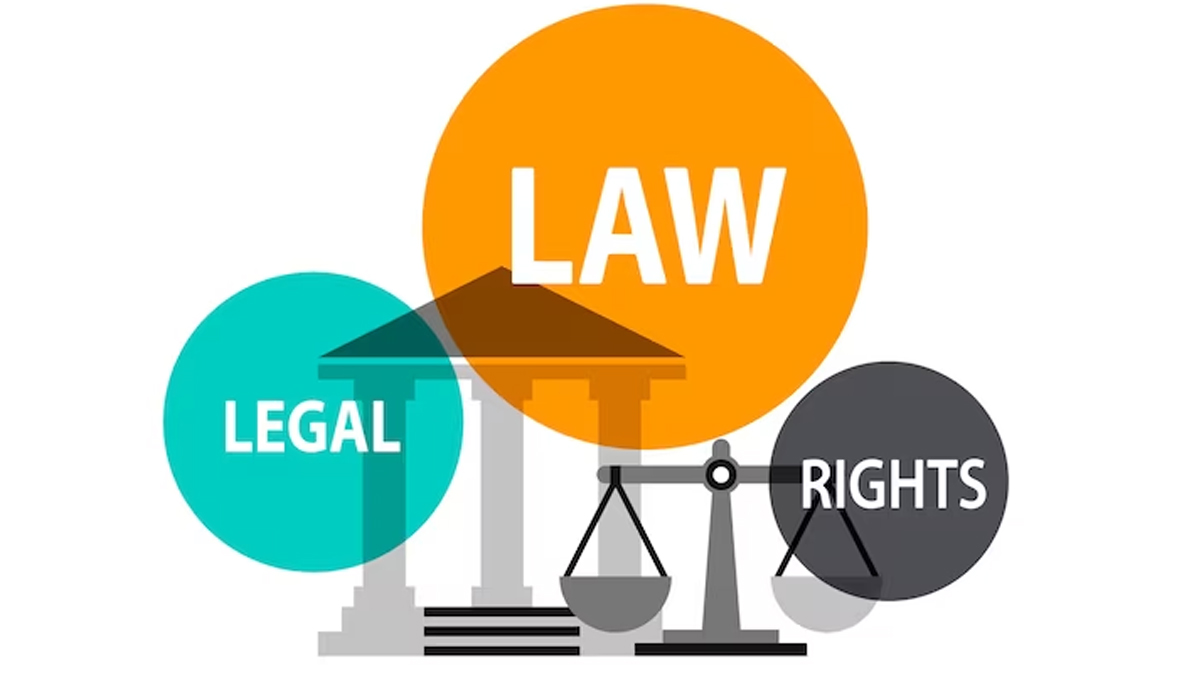Facts of the Case
- Birdichand, the appellant, was a businessman who was charged under the Essential Commodities Act, 1955, for violating an order issued under this Act.
- The charge against him was related to the contravention of price control regulations for essential commodities.
- He was accused of selling certain essential commodities at a price higher than the price fixed under the law.
Legal Issues
- Applicability of Mens Rea: Whether the prosecution must prove that Birdichand had the requisite mens rea (guilty mind) for contravening the statutory provisions under the Essential Commodities Act.
- Statutory Offenses and Strict Liability: Whether the offense under the Essential Commodities Act falls within the category of strict liability offenses where proving intent or knowledge is not necessary.
Arguments by the Appellant
- Birdichand argued that he had no knowledge that the price at which he sold the commodity exceeded the limit prescribed by law.
- He contended that there was no deliberate intention (mens rea) to violate the law, and hence he should not be held liable.
Arguments by the State
- The State argued that the offense under the Essential Commodities Act was a statutory offense.
- It maintained that mens rea was irrelevant because the law aimed to regulate and control essential commodities in the interest of the public.
Judgment
The Supreme Court of India ruled as follows:
- Mens Rea and Statutory Offenses:
- The Court observed that the requirement of mens rea depends on the nature of the statute and the offense.
- For regulatory and welfare laws, such as the Essential Commodities Act, which aim to protect the public, the doctrine of strict liability often applies.
- In such cases, the prosecution does not need to prove the presence of mens rea.
- Strict Liability:
- The Court upheld the principle that offenses under regulatory laws like the Essential Commodities Act are often strict liability offenses.
- The rationale is to ensure compliance and deter violations, given the importance of the objectives these laws serve.
- Outcome:
- The Court held Birdichand liable under the Essential Commodities Act, rejecting the argument that lack of knowledge or intent could be a defense.
- The conviction was affirmed to ensure effective implementation of price control regulations.
Significance of the Case
- Public Welfare Doctrine: The case emphasizes that public welfare legislation can impose strict liability to achieve its purpose effectively.
- Balance between Individual Rights and Public Interest: It showcases the judiciary’s approach in balancing individual rights with societal needs, especially in regulatory offenses.
- Precedent for Statutory Interpretation: The judgment has been cited in subsequent cases involving statutory offenses and strict liability.
Key Takeaways
- Mens rea may not always be essential for statutory offenses, especially those under public welfare legislation.
- Strict liability ensures that regulatory frameworks achieve their intended objectives without unnecessary hurdles in proving intent.
- The decision reinforces the principle that societal welfare sometimes necessitates stringent enforcement of laws.
